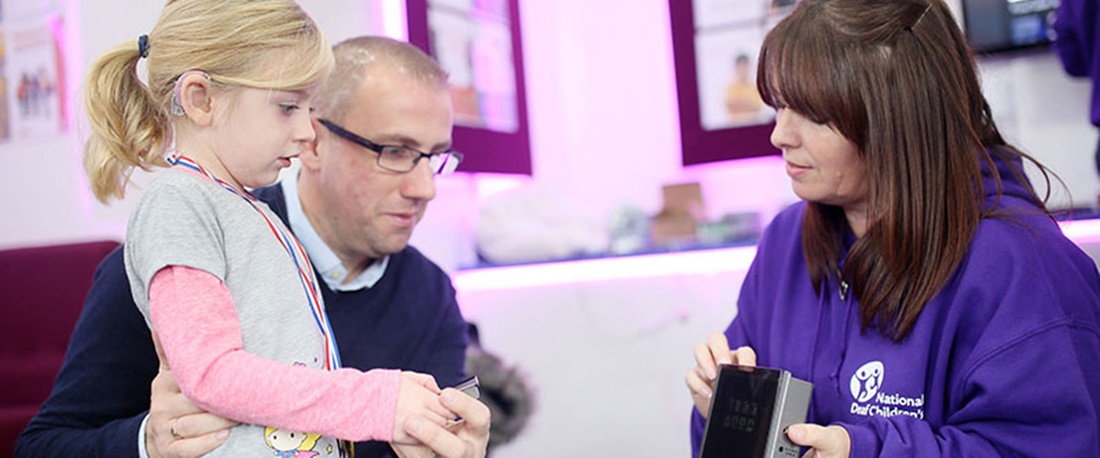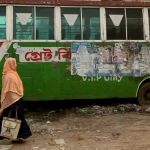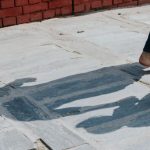March 2020 marked the six-year anniversary of iProbono’s partnership with National Deaf Children’s Society (NDCS) in the UK. In that period, our lawyers have advocated for 55 deaf children and provided £825,000 worth of time and legal support. From representing aspiring astronauts to avid dancers, our advocates have opened doors to educational opportunities that would otherwise be denied to deaf children. Last year, in-house counsel from NBCUniversal and Sky were trained to join our advocates in providing representation to children over the coming years.
iProbono has engineered legal clinic models for a number of years, both globally and in the UK. Six years ago, we began a conversation with National Deaf Children’s Society, who wanted to do more casework for deaf children around their Special Educational Needs (SEN). iProbono built a cohort of lawyers at Fieldfisher who were interested in doing this work and were trained to run SEN cases end-to-end under the supervision of specialist lawyers at NDCS. Training was not just about the law and tribunal process, but also client care and following the charity’s ethos with iProbono ensuring that agreements were in place to protect the charity and the lawyers.
With lawyers taking on two cases a year, iProbono provided the equivalent manpower of 3 full-time caseworkers. In terms of supervision from NDCS, after around six months, 85 per cent of the work could be taken forward by the legal volunteers who interfaced with the clients, provided advice, represented their needs to the local authority, and took the case to court if need be. Amazingly, the success rate has been near 100 per cent over the last six years in securing what the children are legally entitled to, and in almost 80 per cent of the cases, the families got exactly what they wanted, in some cases even more.
Following the success of the work with Fieldfisher (some case studies are below), in-house legal teams and other major law firms have engaged with the clinic such as DLA Piper.
iProbono works to form a holistic relationship, so aside from the direct representation to children, it also enabled commercial legal advice to NDCS. The charity has been able to use corporate space for their meetings and events, and it also created a funding relationship between the law firms and NDCS.
Here are some of the cases –
Case Study 1
Olivia is 7 years old and dreams of becoming an astronaut. She is deaf and has special educational needs. In order to meet these needs, she should have been given appropriate care and education from a specialist deaf school. The Local Authority, however, insisted that Olivia should attend her local primary school. With the help of iProbono lawyers, the team challenged the Local Authority’s decision about Olivia’s school placement (as well as her Education, Health and Care Plan).
After some back and forth with the Local Authority, the Council conceded the school placement, agreeing to a specialist deaf school. iProbono volunteers secured Olivia’s place at a specialist school for deaf pupils and ensured that, going forward, she has all the provisions she needs to achieve her academic, social and emotional goals on an equal footing with her hearing peers. Olivia is now one little step closer to achieving her dream of becoming an astronaut.
Case Study 2
Lily is an avid dancer and, is approaching the daunting transition from primary to secondary school. For Lily, who has various special educational needs arising from her hearing, sight, and balance impairments and who experiences fatigue and anxiety resulting in low self-esteem, choosing a school that can cater to her needs is important.
Lily was moved to a primary school with a specialist deaf unit. The Local Authority, however, believed a secondary school placement at a specialist deaf school would be too expensive and that a mainstream school could meet Lily’s special needs. Lily’s parents argued that the proposed school was two hours away from home which would enhance Lily’s fatigue levels, leaving her unable to attend afterschool activities and making it harder to develop friendships and keep up with her peers.
iProbono lawyers represented Lily and her family. At the Special Educational Needs Tribunal, it was explained that the educational speed within a mainstream setting would be more than she could process, thereby having a negative impact on her ability to access the curriculum. The Tribunal agreed, and owing to Lily’s history of decline in mainstream settings and the fact the proposed school was two hours away, her Education, Health, and Care Plan was amended to name the specialist deaf school. Lily was thrilled that she would not only feel a sense of educational purpose and belonging but would also be able to attend the bespoke after-school dance classes on offer.
Case Study 3
Emma is 14 years old and dreams of becoming a marine biologist to explore the aquatic world. As a deaf child with spasticity in her legs and a mild learning difficulty, she has special educational needs that were not being met by her Local Authority. iProbono’s lawyer challenged the Local Authority in the Royal Courts of Justice (RCJ) and won on all grounds, bringing Emma closer to achieving her dreams.
The Local Authority insisted that Emma attend a local school for children with severe learning difficulties, which her parents knew would be inappropriate for her needs. Seeking the help of National Deaf Children’s Society (NDCS), Emma’s parents appealed the decision. Our lawyer attended three case management hearings and eventually decided to apply for the case to be heard by a senior Special Educational Needs Tribunal judge.
The Tribunal heard evidence on each of Emma’s special educational needs and the proposed provisions to meet those needs. Our lawyer secured her place at a specialist school for deaf children and ensured that going forward, she has all the provisions she needs to achieve her academic, social, and emotional goals on an equal footing with her hearing peers.
Photo by National Deaf Children’s Society.







